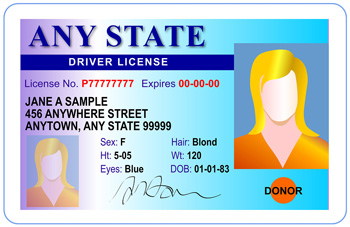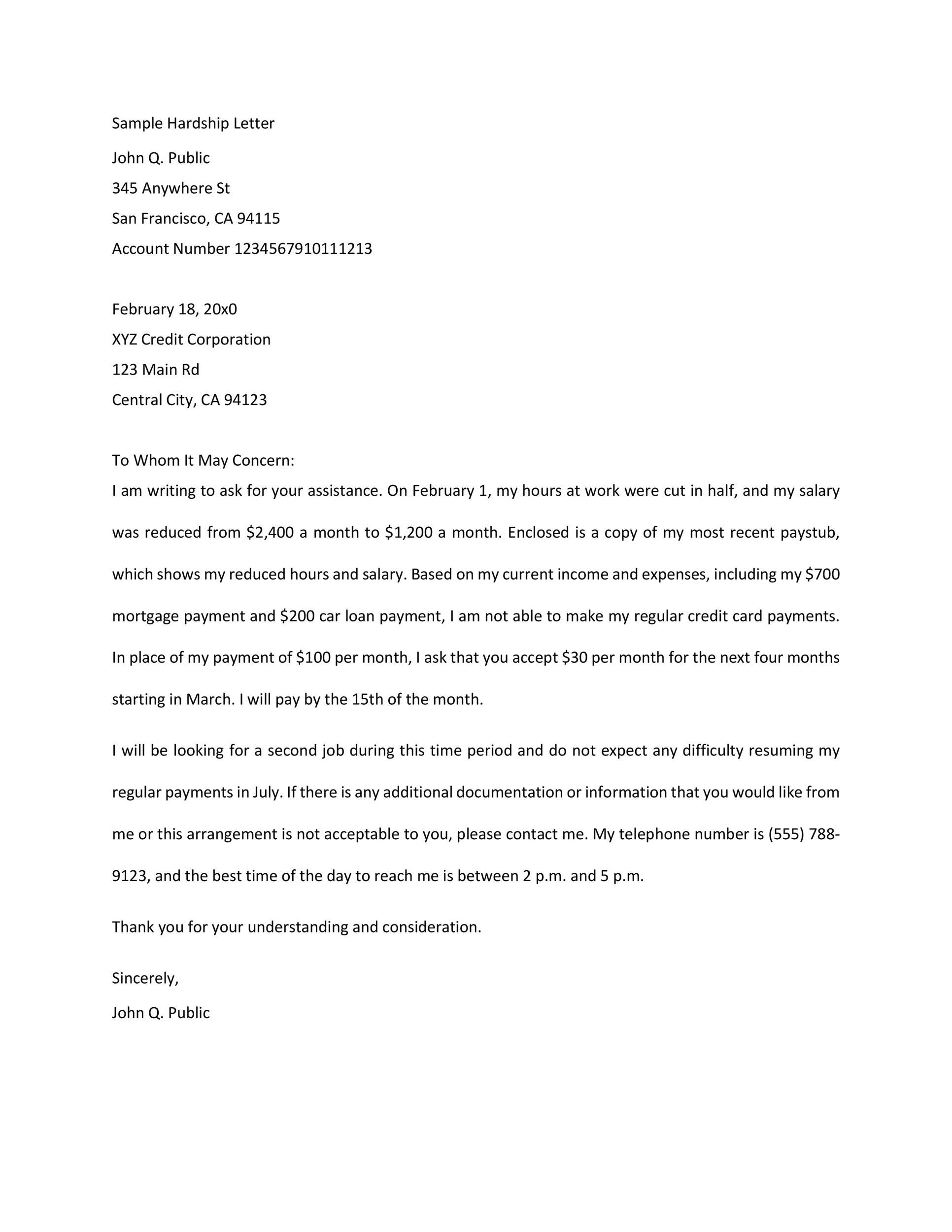Hardship letters are short overview of how one has arrived at a difficult financial crossword. Many a times, it is because of mounted bills, a job layoff, a serious setback or marital conflicts like divorce. Sometimes, it might be written to the creditor to ask for some leniency. This letter is vital in the sense that it explains why a person is unable to pay off his debts, car loans or other major loans. It is the first coactive step that a borrower must take in the quest for assistance and compensation from the lender.
Besides, you could use the Special Uninstaller to clean up the home windows obviously and safely crush the hardboard. Ccleaner 5.44 activation key. Gives a cleanup zone that isn’t constantly utilized by the library to be deleted.
When writing a hardship letter, the following things should be kept in mind:- • This kind of letter is not of the top priority on the lender’s agenda. Hence, the writer should keep in mind that a specific reason should be given for the arrearage, but there should be no sign of complaint in the letter.
• The letter should be the point and concise. Ost to pst converter full version with crack serial keygen download. • One should be honest and sincere in writing the contents of the letter. • Any supportive document should be attached with the letter that can prove the writer’s point. • Lastly, be sure to thank the lender for their time and cooperation.
/ Hardship License Work Letters May 24, 2015 By Attorney Brian E. Simoneau In order to get a work license from the Division of Insurance Board of Appeal, you must supply adequate documentation to show that you need a driver’s license in order to work.
This kind of letters is very important when it comes to saving the home from foreclosure.

LIMITING SUSPENSION/REVOCATION OF DRIVERS’ LICENSES TO DRIVING-RELATED CONVICTIONS The Unfair Roadblock: While states have a legitimate interest in keeping individuals who are unfit to drive off the roads, many states have passed laws suspending or revoking the drivers’ licenses of people convicted of drug offenses, even when these offenses are unrelated to their ability to drive. Many states also provide no opportunity for these drivers to obtain restrictive licenses so that they can get to work, school or treatment. Taking away drivers’ licenses for an offense that is not related to the ability to drive and providing no opportunity to obtain restricted drivers’ licenses is harmful to the individuals, their family and communities by making it impossible for many of them to earn a living, go to school or receive health care, including drug or alcohol treatment. How to Remove the Roadblock: States should limit revocation or suspension of drivers’ licenses to driving-related drug offenses, such as driving under the influence of a controlled substance. States also should offer restricted licenses when appropriate so individuals whose licenses were suspended or revoked can work, go to school, and obtain health care. This tool kit provides materials advocates can use to seek reform of these laws, including. • • • • • • THE PROBLEM - WHAT NEEDS TO BE CHANGED The suspension or revocation of drivers’ licenses is a significant but often overlooked barrier to economic advancement for people with criminal records who have paid their debt to society and want to become productive, tax-paying citizens.
While there is a clear societal interest in keeping those who are unfit to drive off the roads, broadly restricting licenses for convictions unrelated to an individual’s ability to drive safely is an unfair penalty that does society more harm than good. Prohibiting people convicted of a non-driving-related drug offense from driving makes it harder for them to look for and keep jobs, participate in addiction treatment or healthcare, and get education or job training. Especially in suburban and rural areas that lack extensive public transportation, a valid driver's license can be crucial to an individual’s ability to successfully reenter society.

In 1992, Congress amended the Federal Highway Apportionment Act to withhold a portion of federal highway funds from any state that failed to adopt a license suspension/revocation law for people convicted of drug offenses. This law loosely defines “drug offense” as any criminal offense involving the possession, distribution, manufacture, cultivation, sale, transfer, or the attempt or conspiracy to possess, distribute, manufacture, cultivate, sell, or transfer any substance (prohibited by the Controlled Substances Act), or the operation of a motor vehicle under the influence of such a substance. The federal law requires a suspension or revocation of at least six months. However, a governor can submit written certification to the Secretary of the Department of Transportation that she or he opposes the revocation/suspension and that the state legislature has adopted a resolution expressing opposition to this law. States also can limit the revocation or suspension to driving-relating drug offenses, such as driving under the influence of a controlled substance, or to other more limited categories of offenses, and still qualify for full federal funding. And States can offer restricted licenses that allow people with revoked or suspended licenses to drive for such purposes as employment, education, or obtaining alcohol or drug treatment or other health care.
Most Viewed News
- Antares Autotune 7 Ilok Crack Protools
- Huawei C8813 For Firmware Download
- Alexander Mccall Smith Torrent Ebook Download
- Do Gta San Andreas Pc Ripple
- Koleso Umenij Heroes 5
- Dxcpl Exe Windows 7 32 Bit
- Removewat Windows 7 Terbaru 2017
- Software Server Pulsa Elektrik Gratis
- Programma Dlya Sozdaniya Birok Etiketok Torrent
- Driver Scanner Acer 6678 A3a Windows 7
- Mar Vista Penang Haunted Places